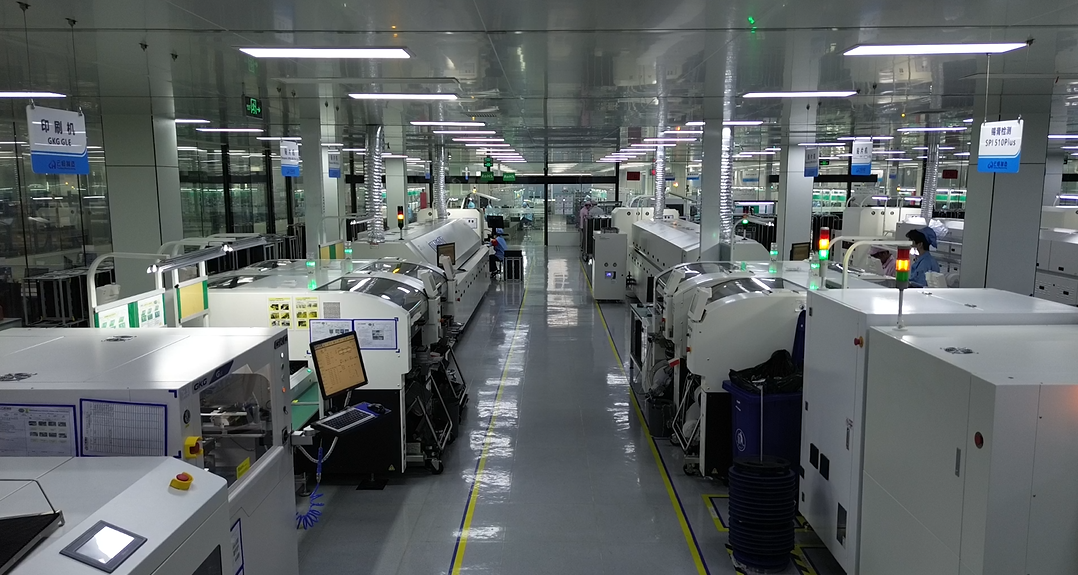TheDynamicLandscapeoftheElectronicsIndustry(电子产业 英文)
The electronics industry is a relentless powerhouse of innovation, consistently pushing the boundaries of what's possible. From the development of cutting-edge microprocessors to the creation of advanced semiconductor materials, this sector is at the forefront of technological advancement.
Companies in this industry invest heavily in research and development to create products that are faster, smaller, more efficient, and capable of performing complex tasks effortlessly. This relentless pursuit of innovation has led to breakthroughs in areas like quantum computing, artificial intelligence, and the Internet of Things (IoT), not just transforming the electronics industry but also other sectors like healthcare, automotive, and entertainment.

Moreover, the electronics industry boasts a complex and intricate global supply chain that spans continents, sourcing raw materials from various parts of the world, including rare earth elements crucial for producing electronic components. Factories in Asia, particularly China, play a pivotal role in this supply chain due to their scale and efficiency. However, challenges like trade tensions, tariffs, and geopolitical issues can disrupt the flow of goods, emphasizing the need for resilience and adaptability within the industry's supply chains.
Consumer demand is a driving force behind the industry's growth. As consumers become more tech-savvy and expect their devices to be smarter, faster, and more connected, electronics manufacturers must keep pace with these expectations. The rise of smartphones, tablets, wearable technology, and home automation systems has created new markets and opportunities. Additionally, there is a growing emphasis on sustainability and environmental responsibility, prompting companies to develop eco-friendly products and practices that appeal to conscious consumers.
Competition in the electronics industry is fierce, with major tech giants like Apple, Samsung, and Huawei leading the way. However, a myriad of other companies, including startups and smaller firms, also play crucial roles by introducing disruptive technologies. Mergers and acquisitions are common as companies seek to expand their capabilities and gain a competitive edge.
The electronics industry operates under a complex web of regulations and standards to ensure safety, interoperability, and environmental protection. Compliance with these regulations and standards is crucial for companies looking to succeed in the global marketplace. Major organizations like the International Electrotechnical Commission (IEC) and the Institute of Electrical and Electronics Engineers (IEEE) play vital roles in setting industry benchmarks.
In conclusion, the electronics industry is a dynamic and ever-evolving field that continues to shape our world in significant ways. Its ability to innovate, adapt, and respond to changing consumer demands will undoubtedly drive further advancements in the years to come. From creating new job opportunities to revolutionizing various sectors, the electronics industry's impact on society and the economy is immeasurable.
